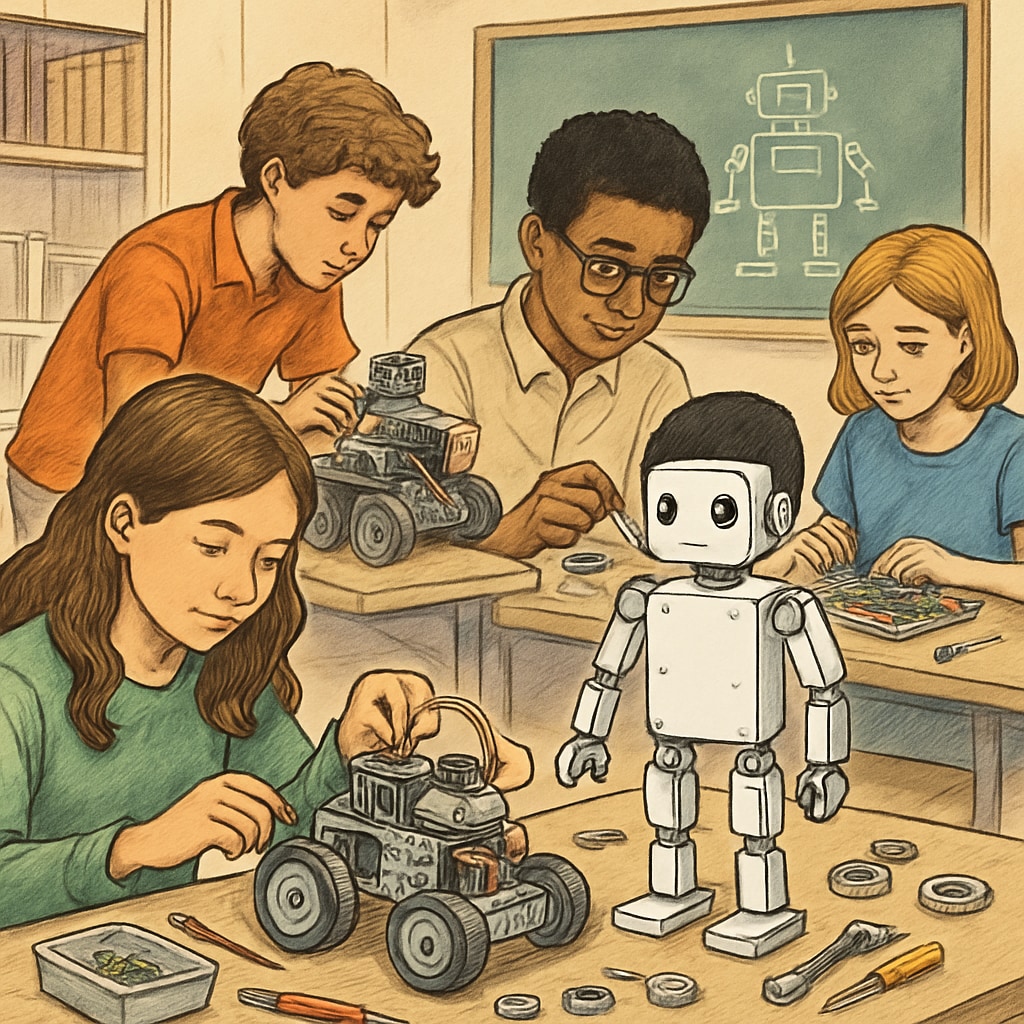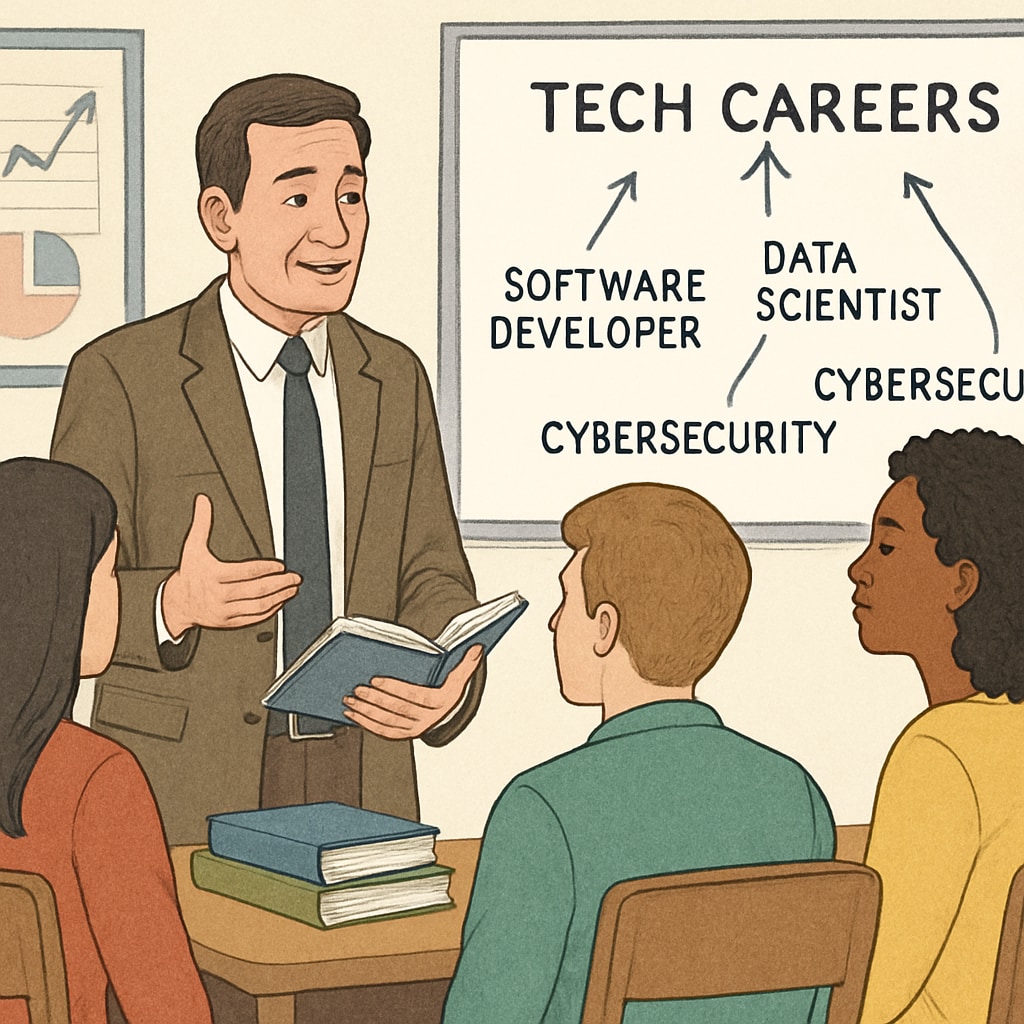The rise of artificial intelligence (AI) is transforming industries and reshaping the value of higher education and career prospects. This technological evolution has sparked concerns among students and parents about the future of work, especially as automation threatens to replace traditional roles. In this article, we will explore how K12 education can adapt to these changes, equipping students with the skills and mindset necessary to thrive in an AI-driven world.
Adapting K12 Education for the AI Era
As AI continues to advance, K12 education must undergo a significant transformation to meet the demands of the future. Traditional curricula that focus on rote memorization and standardized testing are becoming less relevant. Instead, schools need to prioritize critical thinking, creativity, and adaptability—skills that machines cannot easily replicate.
- Emphasis on STEM Education: Science, Technology, Engineering, and Mathematics (STEM) subjects are increasingly important, as they form the foundation for understanding AI and related technologies.
- Integration of AI Literacy: Introducing students to basic AI concepts early on can demystify the technology and prepare them for its widespread use in various industries.
- Focus on Soft Skills: Collaboration, emotional intelligence, and communication will remain critical as AI takes over repetitive and technical tasks.

Preparing Students for Uncertain Career Paths
One of the greatest challenges in the AI era is helping students navigate an uncertain future where traditional career paths may no longer exist. Educators and parents need to focus on fostering resilience and adaptability in students. For example, encouraging lifelong learning and teaching students how to continuously upskill will be vital as industries evolve.
Moreover, career counseling should move beyond conventional advice. Students should be encouraged to explore emerging fields like data science, machine learning, and AI ethics. These areas are expected to grow significantly, offering opportunities that align with the evolving job market.

Addressing Parental Concerns About AI and Job Security
The rise of AI has led to widespread anxiety among parents and students regarding job security. To alleviate these concerns, schools and policymakers need to work together to provide transparent information about the impact of AI and automation.
For example, while certain roles may disappear, AI is also creating new opportunities in fields such as healthcare technology, green energy, and personalized education. Parents should be reassured that preparing their children for these emerging industries can lead to rewarding careers.
Additionally, fostering an entrepreneurial mindset can help students create their own opportunities rather than relying solely on traditional employment. Schools can support this by offering courses on business development, innovation, and technology-enabled problem-solving.
The Role of Higher Education in an AI-Driven World
Higher education institutions must also adapt to the AI era. Universities should focus on interdisciplinary programs that combine technical expertise with ethical and social considerations. For example, programs that integrate computer science with philosophy or sociology can prepare graduates for roles in AI policy-making and governance.
Moreover, experiential learning opportunities such as internships and collaborative projects with tech companies can help students gain practical experience in AI-related fields. This ensures that graduates enter the workforce with relevant skills and connections.
As a result, higher education must shift from being a static system to one that evolves alongside technological advancements, preparing students for lifelong success in a rapidly changing world.
Readability guidance: By using clear headings, short paragraphs, and bulleted lists, this article ensures accessibility for readers of all levels. The content prioritizes actionable advice while maintaining a professional tone.


